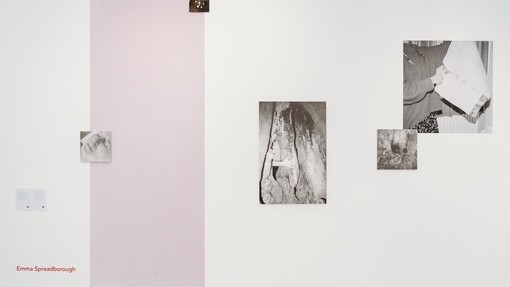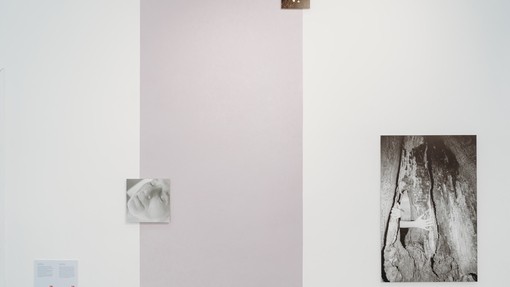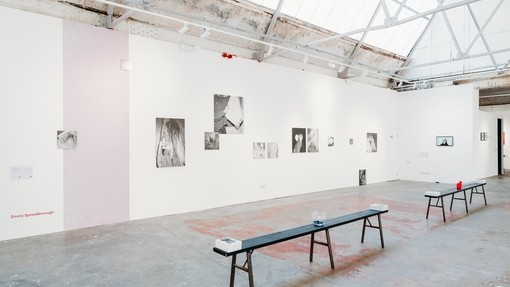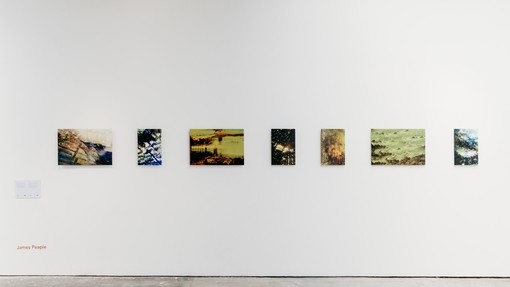Photography in the Arts (Full-time) (BA Hons)
The Photography in the Arts programme encourages you to consider where photography sits within contemporary art practice and visual culture. You will be expected to undertake a far-reaching, risk-taking enquiry into the possibilities of the photographic medium. With an emphasis on conceptual thinking, you will explore the aesthetic, ethical and social contexts of both the individual and the collective human experience.
The programme is designed to encourage the use of diverse media, using traditional, digital, and experimental materials and processes, and to develop skills that will serve you throughout your working life. Allowing for a flexible approach to image making, in relation to both subject matter and technique, where you will explore and challenge the conventions of contemporary photographic art practice.
The photography department has strong links with both the art and commercial media industries, which are utilised and strengthened by a regular series of visiting lecturers. Skills developed during the course are transferable to many careers within the creative industries and while the needs of industry are always a major consideration, the quality and academic rigour of the degree is paramount.
Alongside our expert, specialist lecturers and technicians, you will make connections through the industry via our vibrant visiting lecturer programme, which provides opportunities for students to hear, see and meet a range of professionals working within the field of photography.
You will learn what is required to have a successful career within the visual arts, and you can expect to join our recent alumni in the fastest growing sector, the creative industries. Examples of graduate employment range from self-employed business owners, editorial and advertising photographers, artists, curators and gallery directors.
The photo department at Swansea College of Art has superb, state-of-the-art facilities and a very friendly atmosphere with small class sizes offering exceptional student to staff interaction. For more information, please get in touch or visit us on one of our upcoming open days. Open days are a great chance to look around our studios, meet our staff and ask any questions you may have.
Course details
- On-campus
- Full-time
- English
- Bilingual
Tuition Fees 2023/24 and 24/25
Home (Full-time): £9,000 per year
Overseas (Full-time): £13,500 per year
Why choose this course?
What you will learn
Based in the Dynevor Centre for Art, Design & Media in Swansea‘s city centre, our Photography in the Arts programme provides an exciting platform from which to explore the unique and critical position that the still and moving photographic image occupies within contemporary culture at this exciting time.
The course encourages you to explore and challenge the conventions of contemporary photographic art practice.
Underpinned by historical and critical research, you will be encouraged to undertake an extensive, risk-taking enquiry into the possibilities of photography, with individual creativity and personal ambition at the core of the course’s philosophy.
The programme is predominantly self-directed and allows for a flexible approach to image-making in relation to both subject matter and technique.
This flexible approach reflects the evolving nature of photographic art practice, with photographers increasingly pushing the potential of the medium in unexpected and innovative directions.
You will be encouraged to explore ideas and develop skills applicable to contexts such as contemporary art, publishing, advertising, fashion, interiors, architecture and travel. To this end, the course enables you to position and critically articulate your work in relation to your audience and the wider cultural context.
(20 credits)
(10 credits)
(10 credits)
(20 credits)
(10 credits)
(10 credits)
(20 Credits)
(20 credits)
(10 credits)
(10 credits)
(20 credits)
(20 credits)
(10 credits)
(10 credits)
(20 credits)
(40 credits)
(60 credits)
Course Page Disclaimer
-
We listen to student feedback and insights from industry and from professionals to ensure that course content is high-quality and up-to-date, and that it offers the best possible preparation for your future career or study goals.
For this reason, there might be modifications to the content of your course over time, to keep up to date with changes in the subject area or in the sector. If a module is no longer running, we’ll make sure to keep you informed, and work with you to choose a different suitable module.
testimonial
Staff
Our People
You will be taught and supported by a wide range of professional staff and teams here to help you get the university experience you are looking for. Our teaching staff were ranked 2nd in Wales for assessments and feedback (NSS 2023) meaning the comments you get back from your work will help you learn. Our commitment to your learning has seen our students place us as Top 10 in the UK for Lecturers and Teaching Quality. Find out more about our academic staff who teach across our courses.
Accommodation
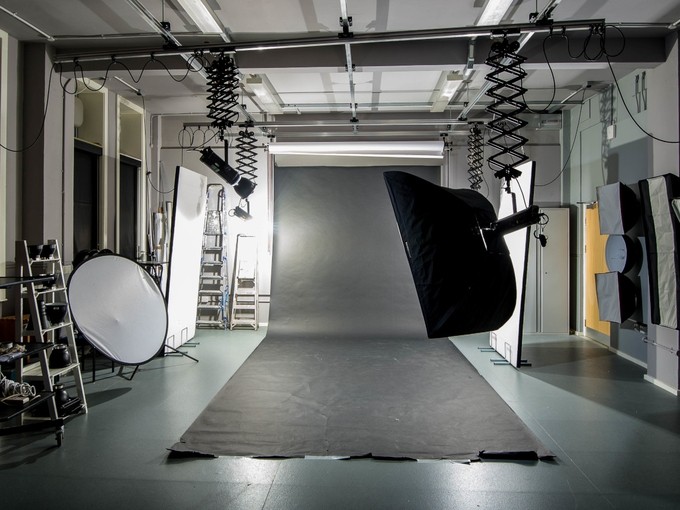
Photography Facilities
As a student at Swansea College of Art, you will have access to industry standard facilities and store facility. In addition to extensive traditional photography facilities and darkrooms, our digital provision includes a specialist colour-managed digital suite running the latest Adobe software. This includes high resolution Hasselblad film scanners, medium and large format portfolio and exhibition printing.
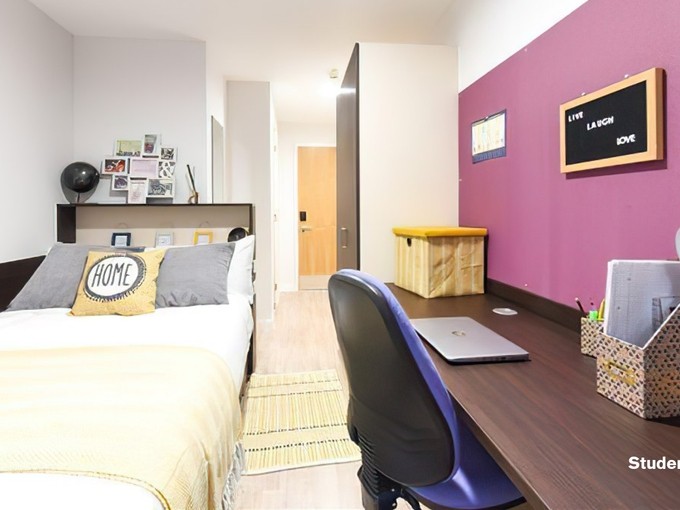
Swansea Accommodation
Swansea has a huge student population, and the variety of accommodation available will leave you feeling spoilt for choice. Various purpose-built student accommodation providers provide accommodation in Swansea, and the accommodation team can guide you through your options. It will offer ongoing support throughout your time as a UWTSD student.
Photography in the Arts Gallery
Further information
-
We are interested in creative people that demonstrate a strong commitment to art and/or design, and therefore we welcome applications from individuals from a wide range of backgrounds.
To assess student suitability for their chosen course, we arrange interviews for all applicants at which your skills, achievements and life experience will be considered as well as your portfolio of work.
Our standard offer for a degree course is 120 UCAS tariff points. We expect applicants to have a grade C or above in English Language (or Welsh) at GCSE level, together with passes in another four subjects. Plus we accept a range of Level 3 qualifications including:
- Foundation Diploma in Art and Design, plus one GCE A-Level in a relevant academic subject
- UAL L3 Extended Diploma in Art and Design.
- UAL L3 Applied General Diploma and Extended Diploma in Art and Design.
- UAL L3 Diploma and Extended Diploma in Creative Practice: Art, Design and Communication.
- UAL L3 Extended Diploma in Creative Media Production and Technology.
- Three GCE A-Levels or equivalent
- BTEC Extended Diploma in a relevant subject
- International Baccalaureate score of 32
- Other relevant qualifications can be considered on an individual basis.
Qualifications are important; however, our offers are not solely based on academic results.
If you don’t have the required UCAS points, then please contact the course admissions tutor or email artanddesign@uwtsd.ac.uk as we can consider offers to applicants based on individual merit, exceptional work, and/or practical experience.
-
Assessment is carried out through coursework, both written and practical. There are no exams on this course. Students are formatively assessed throughout a module; summative assessment takes place at the end of a module. A variety of teaching and learning methods are used throughout the course which include:
Lectures
Usually at the start of a scheduled contact period, lectures will generally consist of a formal presentation giving information relevant to the module, accompanied by visuals, and followed by a screening or group tutorial/activity.
Group Tutorials
Depending on the cohort size, module content and individual lecturer preferences, these are usually in groups of no more than six students at a time and delivered over a set period.
Individual Tutorials
Most often scheduled for level 5, level 6 & level 7 students, individual tutorials offer a more focused and in-depth opportunity for student feedback and development of ideas. Most often arranged in relation to individual practice modules such as Student-Led Projects.
Critiques
Group critiques are scheduled regularly for all year groups. For level 4 these often form part of the assessment at the end of short projects, for levels 5, 6 & 7 they are scheduled for the purpose of interim reviews and work-in-progress feedback, involving student participation and peer criticism.
Workshops
Delivered to teach specific skills to students, group size will depend on the subject and room size and can include project work. These are not usually formally marked but can be subject to group criticism, and informal feedback will be given.
Presentations
Formal presentations by students to peers and staff are used for research and development through to finished work. Students usually begin doing presentations at level 4 in small groups to build confidence in the process.
There are then assessed research presentations to peers at level 5 and Major Project Presentations to staff and other year groups at level 6 & 7. The presentation is an ideal vehicle for developing individual confidence and transferable skills.
-
Our students have access to a diverse range of equipment and resources, which in most cases are sufficient to complete their programme of study. We provide the basic materials necessary for students to develop their practical work within our extensive workshop and studio facilities.
However, art and design students will likely incur some additional costs to extend their investigation of their personal practice. For example, purchasing their own specialised materials and equipment, joining in optional study trips, or printing.
Students are expected to bring their own personal art and design equipment with them when they commence the course. We can advise on the correct equipment needed for your programme of studies, and signpost appropriate suppliers if you wish to purchase essential items before or during your studies.
A basic art and design kit will cost approximately £100 but you may well already have much of the equipment required so check with us first. Also, although we have extensive dedicated digital design studios (PC and MAC) for you to undertake your coursework, you may wish to bring your own digital devices. Check with us first before making a purchase.
Depending on distance and duration, optional study visits can vary in cost from approximately £10 to visit local galleries and exhibitions to £200+ for overseas visits. These costs cover things like transport, entry to venues and accommodation and are normally at reduced rates for our students.
-
You may be eligible for funding to help support your study. To find out about scholarships, bursaries and other funding opportunities that are available, please visit our Bursaries and Scholarships section.
-
Students can also take up the opportunity to study a semester in Europe, the USA or Canada.

